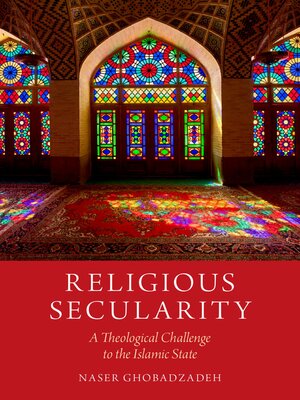Religious Secularity
ebook ∣ A Theological Challenge to the Islamic State · Religion and Global Politics
By Naser Ghobadzadeh

Sign up to save your library
With an OverDrive account, you can save your favorite libraries for at-a-glance information about availability. Find out more about OverDrive accounts.
Find this title in Libby, the library reading app by OverDrive.



Search for a digital library with this title
Title found at these libraries:
| Library Name | Distance |
|---|---|
| Loading... |
"Fundamentalism" and "authoritarian secularism" are commonly perceived as the two mutually exclusive paradigms available to Muslim majority countries. Recent political developments, however, have challenged this perception. Formerly associated with a fundamentalist outlook, mainstream Islamist groups, such as the Muslim Brotherhood and Al-Nahda, have adopted a distinctly secular-democratic approach to the state re-building process. Their success or failure in transitioning to democracy remains to be seen, but the political position these Islamic groups have carved out suggests the viability of a third way. Naser Ghobadzadeh examines the case of Iran, which has a unique history with respect to the relationship of religion and politics. The country has been subject to both authoritarian secularization and authoritarian Islamization over the last nine decades. While politico-religious discourse in Iran is articulated in response to the Islamic state, it also bears the scars of Iran's history of authoritarian secularization-the legacy of the Pahlavi regime. Ghobadzadeh conceptualizes this politico-religious discourse as "religious secularity". He uses this apparent oxymoron to describe the Islamic quest for a democratic secular state, and he demonstrates how this concept encapsulates the complex characteristics of the Shiite religious reformation movement.







